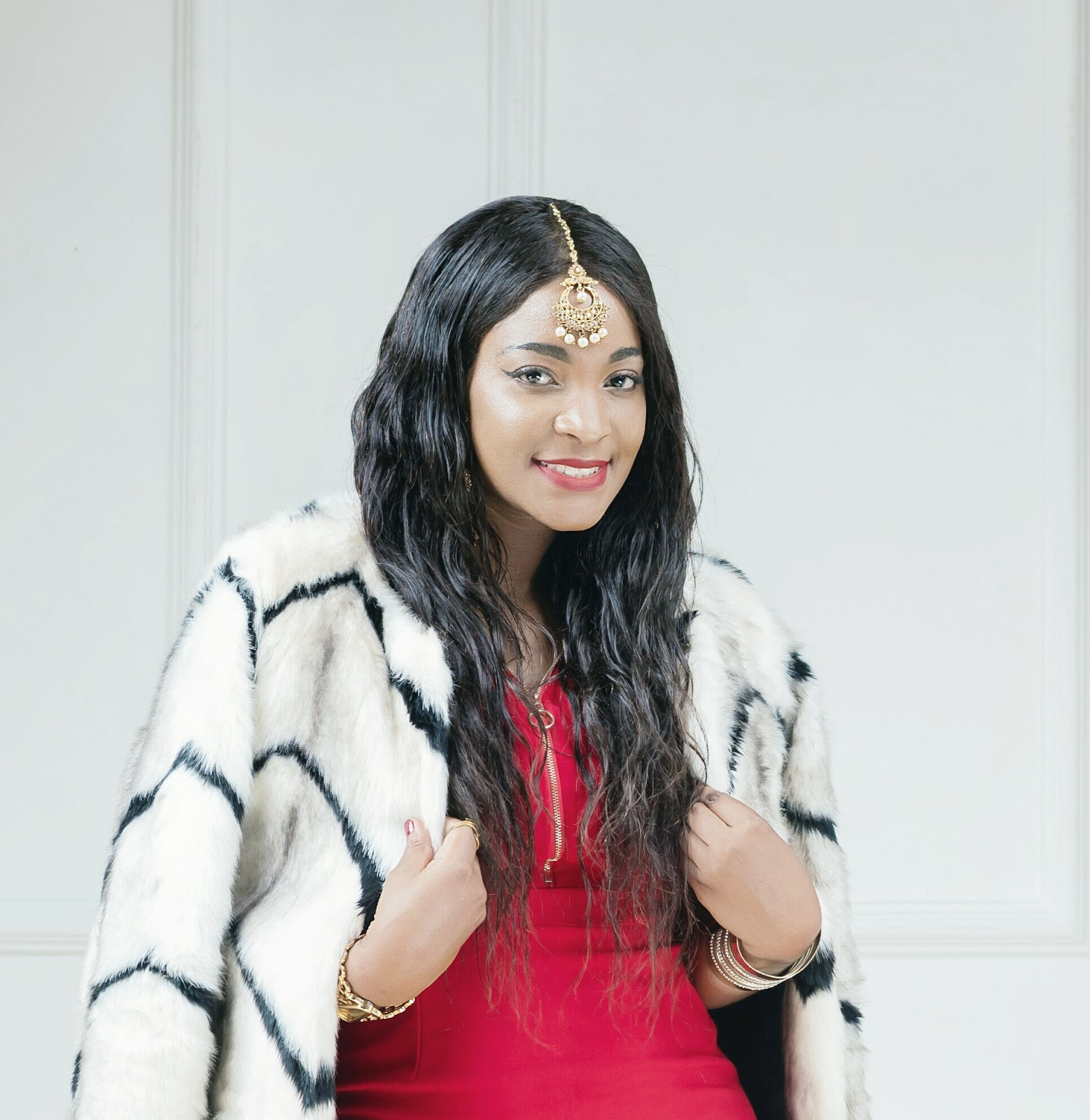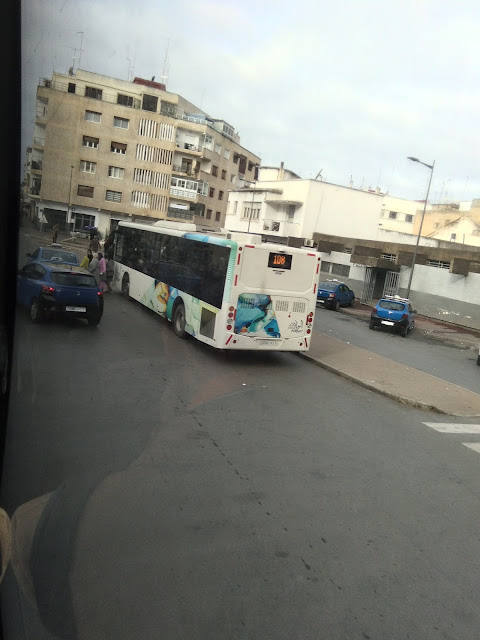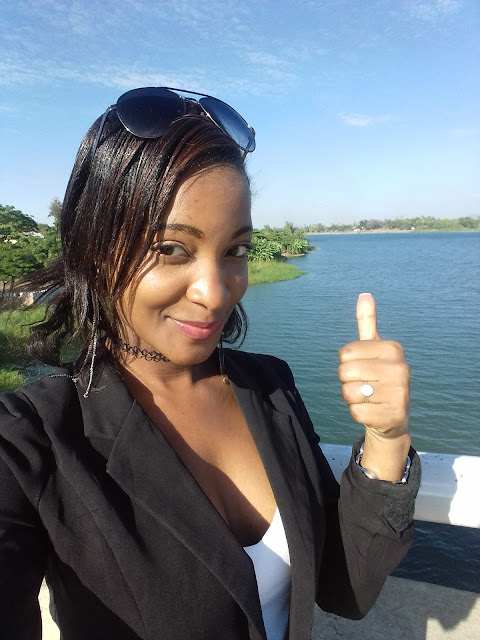THE MEDIA AND THE ELECTION
As Malawi approaches its seventh general election in 2025, it becomes crucial for the media to take the lead in informing people about the ongoing events and how the election preparations are being handled. Elections represent a means of filling public office through a competitive struggle for people's votes. During the election period, which begins with parties campaigning, the media plays an essential role and cannot be left aside.
In democratic elections, the media should not show bias towards any particular party. Research has shown that most African governments, including Malawi, do not respect freedom of expression in media accessibility for political parties. South Africa's SABC is one of the few exceptions that respect this democratic principle. The opposition parties in Malawi lack opportunities to access state electronic media, which is the most effective tool to reach the masses, particularly those living in rural areas.
In Malawi, the ruling party dominates state radios and television despite laws and media communication acts in place to promote a level playing field during the election period. However, in this era of media age, people obtain political information through their eyes and ears, courtesy of the media. Hence, it is expected to promote a level playing field and play a significant role in the election period by circulating ideas among citizens, enabling them to form personal opinions on issues and participate in public life. There is a direct relationship between the media and election results - the more a candidate is heard or seen on television, the higher the chances of winning the elections because people tend to believe what they see or hear on the television or radio.
The media should, therefore, inform and educate people about how elections will take place and cover different parties' campaigns, allowing citizens to know the manifestos of every party candidate and make an informed choice on the right person to vote for.
As a powerful way of reaching the masses, the media is responsible for shaping people's knowledge of politics and the candidates' behavior. Hence, it should operate free from government control and follow its code of conduct, promoting free and fair elections as a democratic principle.
On 19th May 2025, Malawi will hold its 7th general elections, a tripartite election where people will elect the President, Members of Parliament, and Councilors. The state media is expected to show maturity this time, having covered elections six times and having experienced democracy for over 20 years. They should learn from past mistakes and criticisms received from society for operating unfairly and not promoting a level playing field. In 1994, during the first democratic elections in Malawi, the state media's coverage of party campaigns was free and fair. However, the coverage in the 1999, 2004, and 2009 elections showed bias towards the ruling party, with 2009 being the worst in terms of providing inequitable coverage. The 2014 elections saw a change in the state media's approach, where the government respected fairness in media usage by all contesting parties, but this was not the case in the 2019 general elections. We hope that in 2025, a significant change will be observed. Favoring the ruling party's conduct is unhealthy for democracy, as it discourages free and fair elections with equal media usage for all parties.
On the other hand, the MBC, together with MEC and MACRA, has been accused by many civil society organizations and the international community of lacking independence from political influence. The influence from the executive arm of government, which comprises the President appointing the MEC's executive committee, hinders the introduction of pluralism in state media, favoring the ruling party during the campaign period. This is a significant problem that needs to be addressed so that in 2025, such conduct will not be observed.
In conclusion, Malawians expect to see the media operating independently from government control and promoting a level playing field in all media houses. Given the economic crisis in the country, people want to see a change and are eager to hear different parties' manifestos in the media, explaining how they plan to tackle the issues and problems facing Malawi. The media should avoid showing bias if they want to gain trust from their listeners because it is owned by the people and not the parties.





Comments
Post a Comment